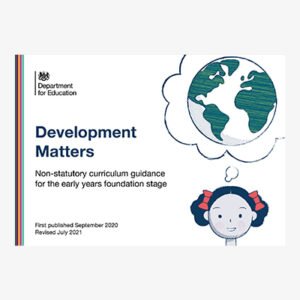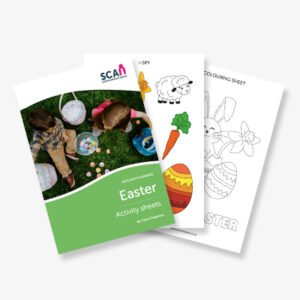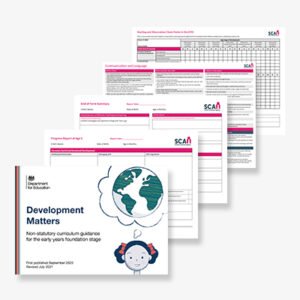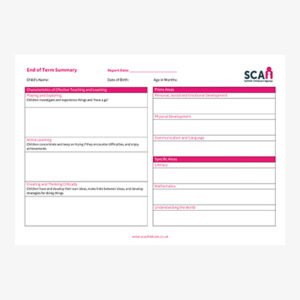Adult-Led Play
£5.00
Adult-led play involves structured activities where an adult guides the child’s learning and development. The adult provides resources, sets goals, and supports the child’s engagement. This approach encourages specific skills, such as problem-solving and social interaction. Adult-led play helps children develop focus and concentration while promoting essential learning outcomes. The adult may introduce new concepts and ideas, creating opportunities for growth. It complements child-led play, providing balance in early years education. Through adult-led play, children can gain new experiences that challenge their thinking and enhance their creativity. This method supports children’s development in a purposeful, guided way.
Enhancing Learning Through Adult-Led Play
Adult-Led Play helps guide children through purposeful activities that support their learning and development across all key areas.
It offers structure while maintaining fun. Practitioners introduce new skills, encourage communication, and build children’s confidence through planned experiences.
This method works best when used alongside child-initiated play. A balanced approach provides the most benefit to early development.
Purpose and Benefits
This type of play introduces concepts children may not discover independently. Adults present activities with clear learning outcomes.
Children gain exposure to maths, language, physical development, and personal skills. Each session focuses on one or more specific goals.
This approach helps children practise turn-taking, listening, and problem-solving in a supportive, predictable setting.
Planning Meaningful Activities
Practitioners observe children regularly. They plan based on needs, interests, and developmental stages to ensure sessions stay engaging and appropriate.
Activities should remain flexible. Children must have space to explore while adults keep the objective clearly in mind.
Environments should feel safe and inviting. Resources must spark interest and encourage hands-on exploration.
Role of the Practitioner
Adults participate actively during sessions. They model language, provide encouragement, and extend learning through questions and interaction.
The adult leads the play but allows children to contribute ideas. Children should feel respected and heard throughout.
Too much direction can limit creativity. Skilled practitioners guide gently without taking control or stifling imagination.
What to Look Out For
Watch how children respond. Focused attention, communication, and enthusiasm show the activity supports development and captures interest.
Check that the session meets its intended goal. Children should leave with improved skills or understanding.
Observe adult involvement. Supportive, engaged adults help children achieve more while still enjoying playtime.
Conclusion
When used with care and purpose, Adult-Led Play builds strong foundations for learning. It nurtures skills children need for future success.
Practitioners should plan thoughtfully and engage fully. This approach helps children thrive emotionally, socially, and academically.
With the right balance, Adult-Led Play enriches every child’s early years experience.






